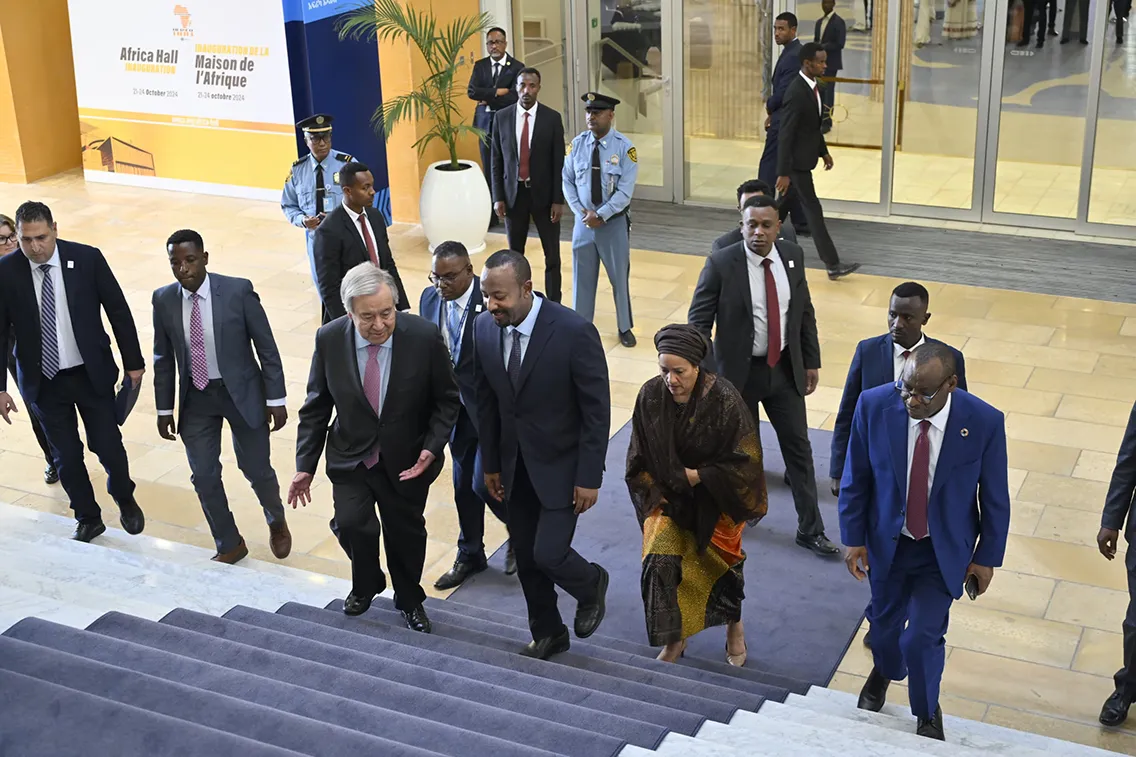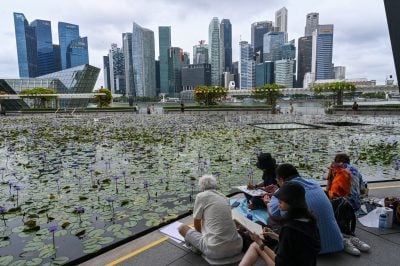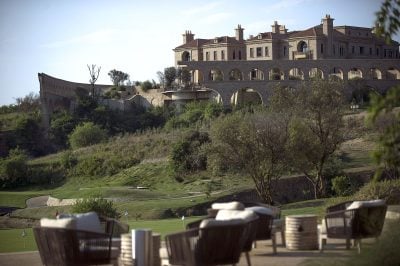In the inauguration ceremony attended by UN secretary-general Antonio Guterres, African Union Commission chair Moussa Faki and Ethiopian prime minister Abiy Ahmed, the United Nations Economic Commission for Africa (UNECA) announced that the revamped Africa Hall now boasts state-of-the-art amenities, a visitors’ centre, a permanent exhibition space, and a conference hall designed to host high-level meetings.
The 150-square-metre stained-glass mural adorning the windows at the hall’s entrance has also been restored. This magnificent artwork by renowned Ethiopian artist Afework Tekle, titled The Total Liberation of Africa, powerfully portrays Africa’s journey from colonial oppression to the dawn of independence and hope for the future.
Birthplace of African unity
Originally inaugurated in 1961 by Emperor Haile Selassie, Africa Hall is the birthplace of the Organization of African Unity (OAU) – the precursor to the African Union (AU). It has been the site of numerous pivotal moments in the continent’s history.
In his remarks, Claver Gatete, United Nations under-secretary-general and executive secretary of UNECA, highlighted that the restored Africa Hall offers a unique opportunity for Africans and international visitors to explore Africa’s rich stories. He also emphasised that the hall would significantly boost Ethiopia’s tourism sector.
“For us at the ECA, Africa Hall is emblematic of Africa’s past struggles and triumphs. When the OAU Charter was signed right here in 1963, that was a signal for a new beginning. And a new beginning is precisely what Africa needs,” he said, citing multiple challenges facing the continent such as limited access to financing, high debt levels, and unmanageable climate crises.
Gatete thanked the UN, Ethiopia’s government and other partners for making the restoration project a success. “Despite a three-year delay due to challenges posed by the Covid-19 pandemic and other external factors, we are proud to have completed this project within budget,” he noted. The United Nations General Assembly sponsored the project, which cost around $57m, while several UN member states donated artistic works and other resources.
Charles Karamba, Chair of the Advisory Board of the Africa Hall Renovation Project and Rwanda’s ambassador to Ethiopia, urged all United Nations member states to maintain their support for Africa Hall.
“Contributions of artworks and historical resources will ensure that Africa Hall remains a symbol of our heritage for generations to come,” he told the audience, adding: “The revamped Africa Hall is more than just a building – it stands as a monument to Africa’s journey. It is our hope that it will inspire all who visit to reflect on our past, assess our present, and chart a better course for future generations.”
Renewed solidarity and peace
UN Secretary General Antonio Guterres highlighted that the renewed building symbolises renewed hope for Africa. “The hall is a bridge between Africa’s past and future, honouring shared struggles and achievements while embracing common aspirations,” he said.
Guterres urged leaders to address the challenges impeding Africa’s development with a renewed sense of solidarity. “Africa is a continent of hope, but it faces challenges that are deeply rooted in history and are exacerbated by climate change, conflict and persistent poverty – and African women often bear the brunt of these hardships.”
He expressed regret that Africa still lacks a permanent seat on the UN Security Council, stating, “let’s hope it will be corrected soon.” He emphasised that progress can only be achieved by reforming global institutions to make them more effective, fair, and inclusive.
He particularly underscored the urgent need for reforming international financial institutions, pointing out that African countries struggle to access necessary support, whether it’s for relief from crippling debt or protection from climate disasters they did not cause. Prime Minister Abiy Ahmed noted that Africa Hall stands as a symbol of unity, hope and resilience. He called on African leaders to embrace peaceful solutions to conflicts, urging them to draw from the continent’s rich heritage of dialogue and consensus.
“Peace and security are fundamental for the continent’s development and prosperity.
“While the continent has made significant progress towards achieving peace, ongoing conflict remains a challenge,” he said, emphasising that “It is vital that African solutions continue to take precedence in addressing African challenges, guided by the wisdom of our forefathers.”
Want to continue reading? Subscribe today.
You've read all your free articles for this month! Subscribe now to enjoy full access to our content.
Digital Monthly
£8.00 / month
Receive full unlimited access to our articles, opinions, podcasts and more.
Digital Yearly
£70.00 / year
Our best value offer - save £26 and gain access to all of our digital content for an entire year!

 Sign in with Google
Sign in with Google 



